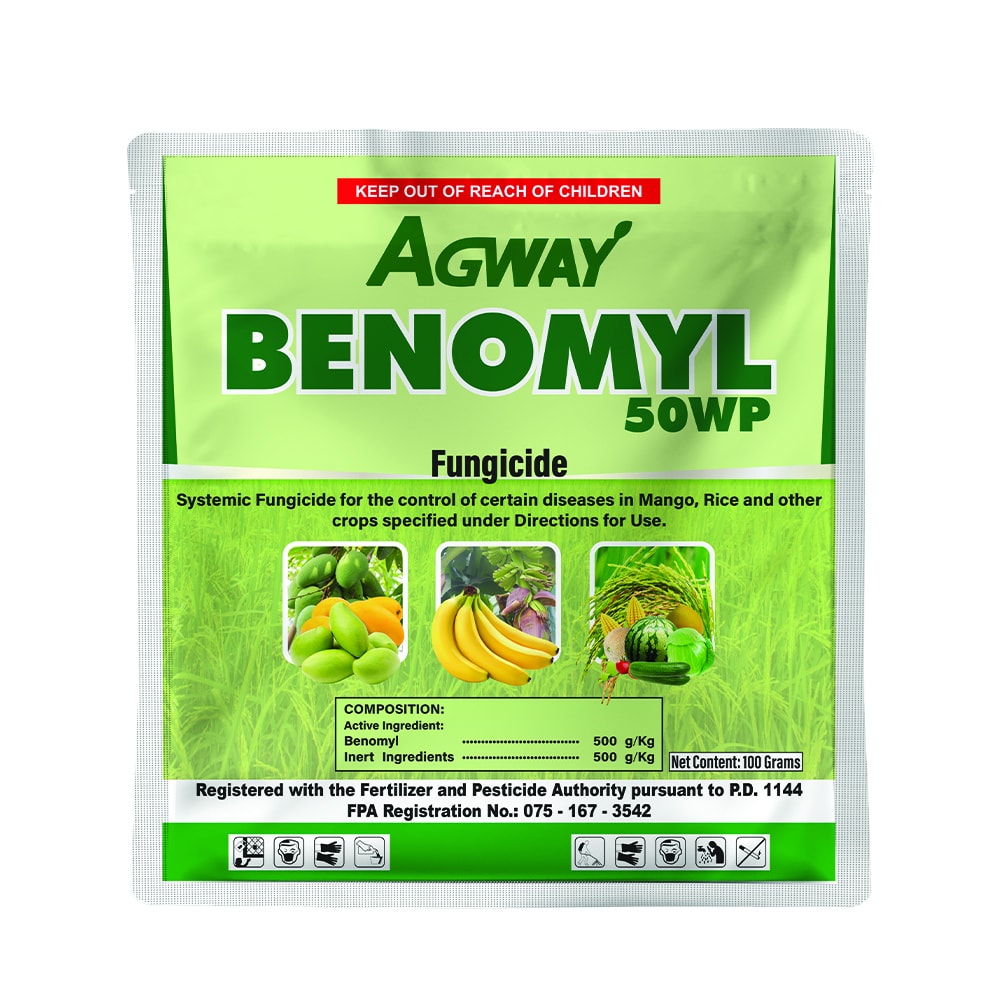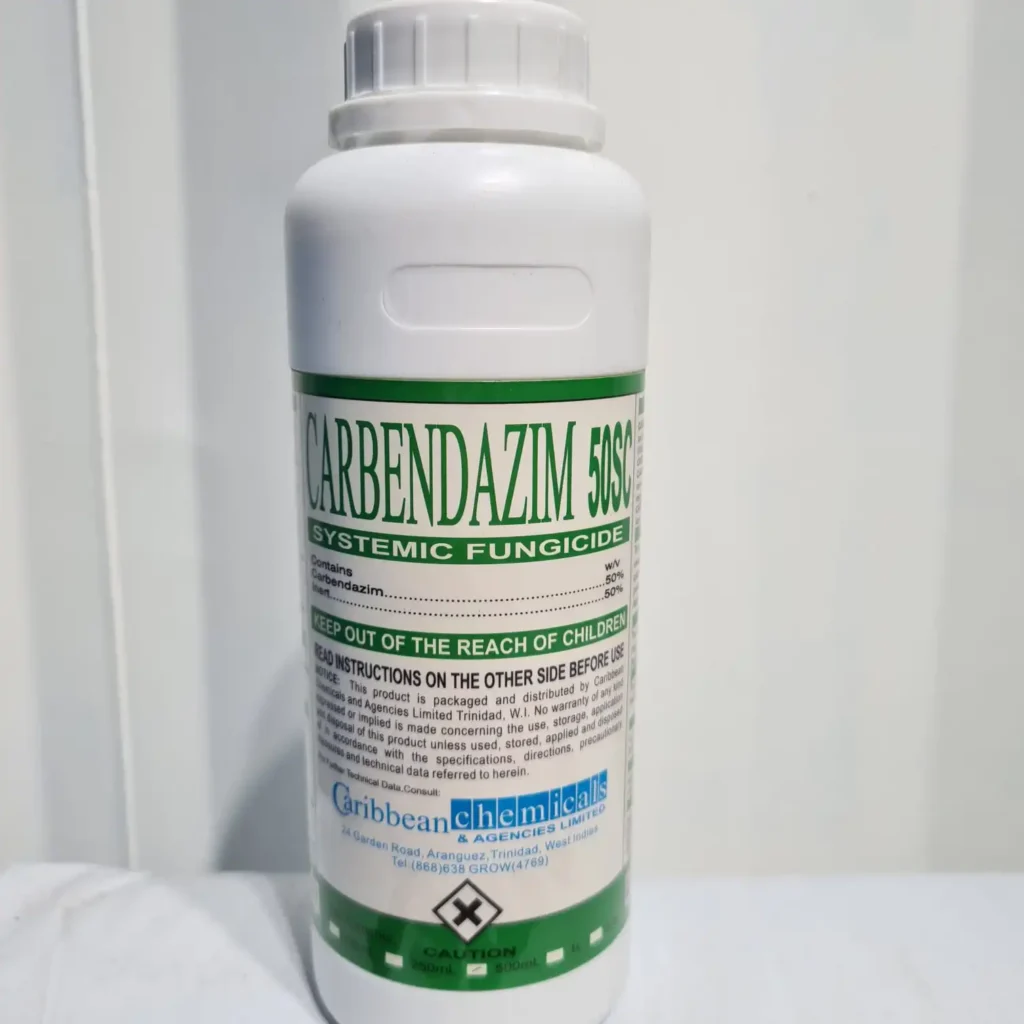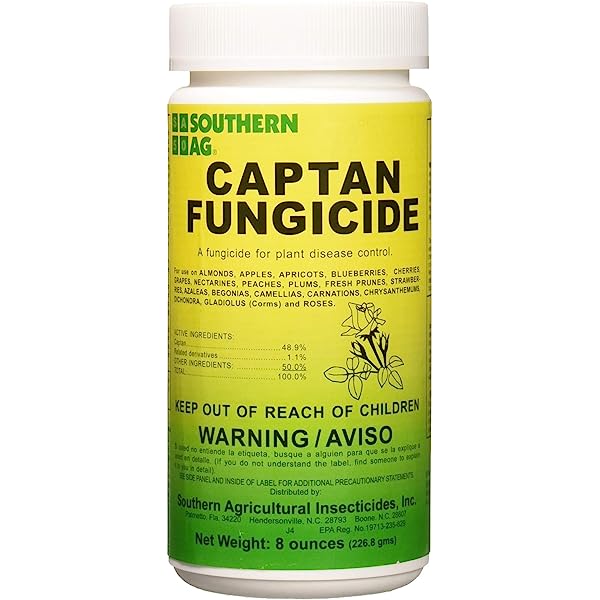Antifungal Drugs for Tissue Culture Plants
Tissue culture plants are plants that have been propagated via tissue culture, a technique that involves growing plant cells, tissues, or organs in a laboratory under controlled conditions. Tissue culture offers numerous advantages over traditional plant propagation methods, including the production of large numbers of identical, disease-free plants in a short period. However, tissue culture plants are susceptible to fungal infections, which can cause significant losses in plant production. In this article, we will discuss the use of antifungal drugs for tissue culture plants.
Tissue culture plants are plants that have been propagated via tissue culture, a technique that involves growing plant cells, tissues, or organs in a laboratory under controlled conditions. Tissue culture offers numerous advantages over traditional plant propagation methods, including the production of large numbers of identical, disease-free plants in a short period. However, tissue culture plants are susceptible to fungal infections, which can cause significant losses in plant production.
Fungal infections can occur at any stage of tissue culture, from explant preparation to acclimatization. The most common fungi that infect tissue culture plants include Fusarium, Rhizoctonia, Phytophthora, and Pythium. Fungal infections can cause significant losses in plant production, resulting in reduced yields and decreased profitability.
Antifungal drugs are chemicals that can be used to prevent or treat fungal infections in tissue culture plants. These drugs work by either inhibiting the growth of the fungi or killing them outright. Antifungal drugs are often used in combination with other measures, such as proper sterilization and aseptic techniques, to prevent fungal infections in tissue culture plants.
There are several antifungal drugs that are commonly used in tissue culture, including:
-
Benomyl
Benomyl is a broad-spectrum antifungal drug that is effective against a wide range of fungi, including Fusarium, Rhizoctonia, Phytophthora, and Pythium. Benomyl works by inhibiting the growth of the fungi.

-
Carbendazim
Carbendazim is another broad-spectrum antifungal drug that is effective against a wide range of fungi, including Fusarium, Rhizoctonia, Phytophthora, and Pythium. Carbendazim works by inhibiting the growth of the fungi.

-
Captan
Captan is a contact fungicide that is effective against many types of fungi. Captan works by preventing the fungi from growing and spreading.

In order to use antifungal drugs effectively in tissue culture, it is important to follow the proper dosages and application methods. Antifungal drugs should be used in combination with other measures, such as proper sterilization and aseptic techniques, to prevent fungal infections in tissue culture plants.
Like all drugs, antifungal drugs have risks and side effects. Some antifungal drugs can be toxic to the tissue culture plants, and others can harm the environment. It is important to follow the proper dosages and application methods when using antifungal drugs in tissue culture.
Shipping: Door to door shipping, fast and safe with Dragon Courier
Biodiversity: Thailand is known for its rich biodiversity, including a wide variety of aroid species. This diversity allows importers to access a broad range of unique and exotic aroid plants.
Quality and Health of Plants: The suitable climate helps the plants grown here stay healthy and of high quality.
Cost-Effectiveness: Due to favorable growing conditions and efficient production methods, Thai aroid plants can often be more cost-effective compared to those from other countries.
Access to Hybrid Varieties: Thai growers are often involved in the development of new hybrid aroid varieties, offering unique plants that may not be available from other sources.
Tissue culture plant species are the most sought after by aroid plant lovers
In conclusion, antifungal drugs are an important tool in the prevention and treatment of fungal infections in tissue culture plants. Proper use of antifungal drugs, in combination with other measures such as proper sterilization and aseptic techniques, can help prevent fungal infections and increase plant production.
- What are tissue culture plants?
Tissue culture plants are plants that have been propagated via tissue culture, a technique that involves growing plant cells, tissues, or organs in a laboratory under controlled conditions.
- What are some common fungi that infect tissue culture plants?
The most common fungi that infect tissue culture plants include Fusarium, Rhizoctonia, Phytophthora, and Pythium.
- What are antifungal drugs?
Antifungal drugs are chemicals that can be used to prevent or treat fungal infections.
- What are some common antifungal drugs used in tissue culture?
Common antifungal drugs used in tissue culture include benomyl, carbendazim, and captan.
- What are the risks and side effects of antifungal drugs?
Antifungal drugs can be toxic to tissue culture plants and harmful to the environment if used improperly. It is important to follow proper dosages and application methods when using antifungal drugs in tissue culture.
Visit our store HERE
https://bit.ly/3uIzl3i
Introduction to Tissue Culture Plants
Tissue culture plants are plants that have been propagated via tissue culture, a technique that involves growing plant cells, tissues, or organs in a laboratory under controlled conditions. Tissue culture offers numerous advantages over traditional plant propagation methods, including the production of large numbers of identical, disease-free plants in a short period. However, tissue culture plants are susceptible to fungal infections, which can cause significant losses in plant production.
Fungal Infections in Tissue Culture Plants
Fungal infections can occur at any stage of tissue culture, from explant preparation to acclimatization. The most common fungi that infect tissue culture plants include Fusarium, Rhizoctonia, Phytophthora, and Pythium. Fungal infections can cause significant losses in plant production, resulting in reduced yields and decreased profitability.
Antifungal Drugs for Tissue Culture Plants
Antifungal drugs are chemicals that can be used to prevent or treat fungal infections in tissue culture plants. These drugs work by either inhibiting the growth of the fungi or killing them outright. Antifungal drugs are often used in combination with other measures, such as proper sterilization and aseptic techniques, to prevent fungal infections in tissue culture plants.
Common Antifungal Drugs Used in Tissue Culture
There are several antifungal drugs that are commonly used in tissue culture, including:
-
Benomyl
Benomyl is a broad-spectrum antifungal drug that is effective against a wide range of fungi, including Fusarium, Rhizoctonia, Phytophthora, and Pythium. Benomyl works by inhibiting the growth of the fungi.

-
Carbendazim
Carbendazim is another broad-spectrum antifungal drug that is effective against a wide range of fungi, including Fusarium, Rhizoctonia, Phytophthora, and Pythium. Carbendazim works by inhibiting the growth of the fungi.

-
Captan
Captan is a contact fungicide that is effective against many types of fungi. Captan works by preventing the fungi from growing and spreading.

Proper Use of Antifungal Drugs in Tissue Culture
In order to use antifungal drugs effectively in tissue culture, it is important to follow the proper dosages and application methods. Antifungal drugs should be used in combination with other measures, such as proper sterilization and aseptic techniques, to prevent fungal infections in tissue culture plants.
Risks and Side Effects of Antifungal Drugs
Like all drugs, antifungal drugs have risks and side effects. Some antifungal drugs can be toxic to the tissue culture plants, and others can harm the environment. It is important to follow the proper dosages and application methods when using antifungal drugs in tissue culture.
Where to buy tissue culture plants? Benefits from importing plants from Thailand
Shipping: Door to door shipping, fast and safe with Dragon Courier
Biodiversity: Thailand is known for its rich biodiversity, including a wide variety of aroid species. This diversity allows importers to access a broad range of unique and exotic aroid plants.
Quality and Health of Plants: The suitable climate helps the plants grown here stay healthy and of high quality.
Cost-Effectiveness: Due to favorable growing conditions and efficient production methods, Thai aroid plants can often be more cost-effective compared to those from other countries.
Access to Hybrid Varieties: Thai growers are often involved in the development of new hybrid aroid varieties, offering unique plants that may not be available from other sources.
Tissue culture plant species are the most sought after by aroid plant lovers
Conclusion
In conclusion, antifungal drugs are an important tool in the prevention and treatment of fungal infections in tissue culture plants. Proper use of antifungal drugs, in combination with other measures such as proper sterilization and aseptic techniques, can help prevent fungal infections and increase plant production.
FAQs
- What are tissue culture plants?
Tissue culture plants are plants that have been propagated via tissue culture, a technique that involves growing plant cells, tissues, or organs in a laboratory under controlled conditions.
- What are some common fungi that infect tissue culture plants?
The most common fungi that infect tissue culture plants include Fusarium, Rhizoctonia, Phytophthora, and Pythium.
- What are antifungal drugs?
Antifungal drugs are chemicals that can be used to prevent or treat fungal infections.
- What are some common antifungal drugs used in tissue culture?
Common antifungal drugs used in tissue culture include benomyl, carbendazim, and captan.
- What are the risks and side effects of antifungal drugs?
Antifungal drugs can be toxic to tissue culture plants and harmful to the environment if used improperly. It is important to follow proper dosages and application methods when using antifungal drugs in tissue culture.
Visit our store HERE
https://bit.ly/3uIzl3i
Nhận xét
Đăng nhận xét